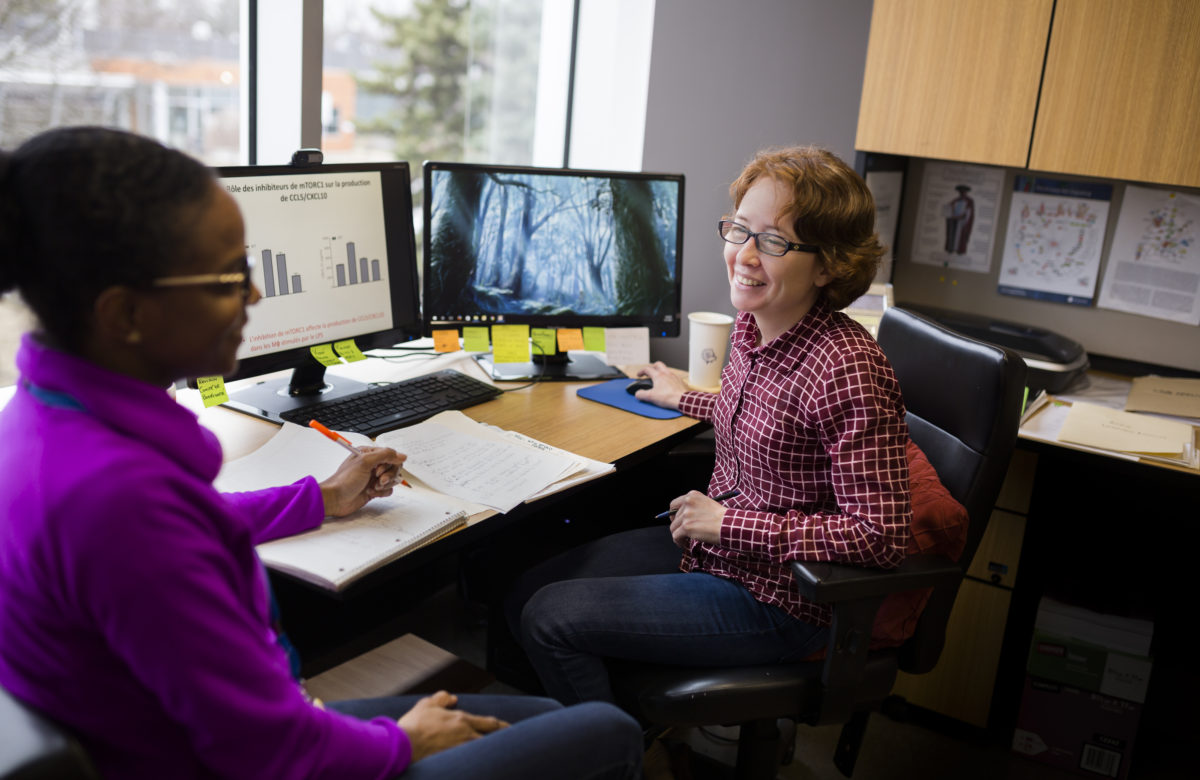Before you apply to INRS, you will need to find a research supervisor for the program you’re interested in. This is a mandatory step for graduate work. The faculty member who agrees to include you on their team will guide and support you throughout your studies, right up to your final evaluation.
It’s crucial to develop a good relationship with your research supervisor from the start. The first contact is key to getting off on the right foot. Once you’ve found someone who shares your research interests, it’s a good idea to learn as much as you can about their background, research projects, publications, research partners, and the research groups they belong to.
Although you can contact more than one person, it’s better to focus on the researcher you would really like to study with. Submitting one application at a time shows that you have done your homework and that you’re serious.
The professor who will accept to welcome you to his team will accompany you throughout your journey, from your first day at INRS until your final evaluation.
1. Get ready
Before contacting the faculty member in question, it’s important to assemble the following documents:
- Your resume
- A letter of motivation
- One or more recommendation letters
2. Make contact
It’s recommended that you contact the person by email. In your message:
- Greet the person and introduce yourself.
- Indicate that you are looking for a research supervisor.
- Specify the level and name of the program you want to apply for.
- Specify the master’s or PhD project or internship you’re interested in and that this person is offering, if applicable.
- Explain how their background and expertise match your needs and interests.
- Clearly state your objectives.
- Highlight your qualities, aptitudes, and accomplishments (grades, publications, etc.).
- Ask to meet with them in person if possible, or by phone or videoconference.
- Thank them for taking your application into consideration.
- Attach your supporting documents (resume, letters, etc.) to the email.
Tips on writing your email message
- Be clear and concise.
- Pay attention to spelling and other possible mistakes. Read it over.
3. Follow up
Be patient. It may take a few days before you receive an answer. You may have to wait longer at certain times of year. You can send a reminder if necessary, but don’t be overly insistent. The faculty member will contact you if your application corresponds to the student profile they are looking for.




